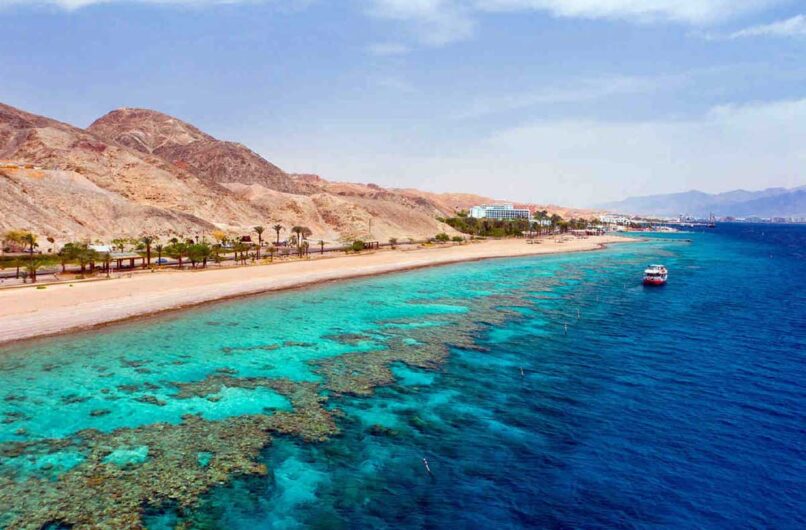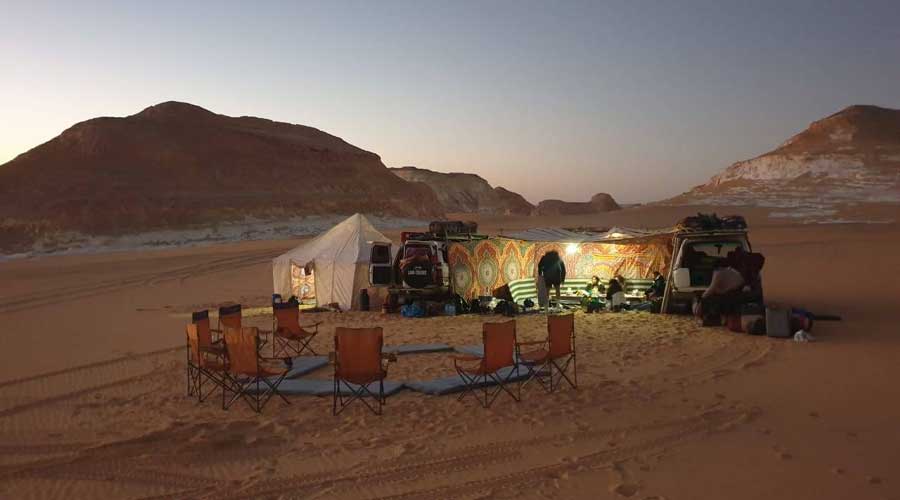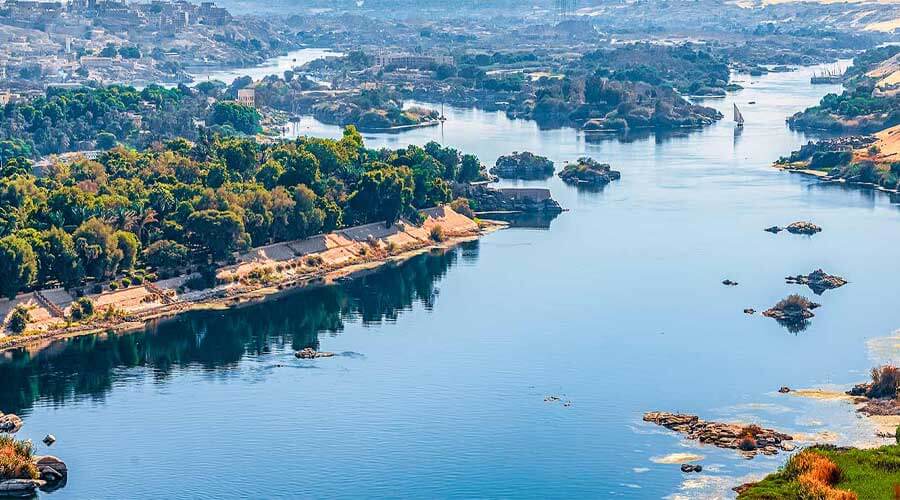
Exploring the Climate of Egypt: From Desert Heat to Mediterranean Breezes
Egypt, a land of ancient wonders and diverse landscapes, experiences a unique climate influenced by its geographical location and topography. From scorching deserts to Mediterranean coastlines, Egypt offers a range of climatic variations throughout its different regions. In this article, we will delve into the climate of Egypt, exploring its seasons, temperature ranges, and the best times to visit various destinations. So, join us on a meteorological journey as we uncover the fascinating climate patterns of Egypt.
The Geographical Influences on Egypt’s Climate
The Climate of Egypt is primarily shaped by two prominent geographical features: the Sahara Desert to the west and the Mediterranean Sea to the north. These geographical influences contribute to the arid and semi-arid climate that dominates most of the country. While the desert regions experience extreme heat and minimal rainfall, the coastal areas enjoy milder temperatures and more moderate weather conditions. The climate of Egypt offers a variety of differences and will definitely suit all tastes.
Seasons in Egypt: From Hot Summers to Mild Winters
Summer (June to September)
Summers in Egypt are characterized by scorching heat, especially in the desert regions. Temperatures can soar above 40°C (104°F) during the day, making it challenging to explore outdoor attractions. However, the coastal areas, such as Alexandria and the Red Sea resorts, offer some respite with milder temperatures and refreshing sea breezes.
Autumn (October to November)
Autumn relieves the intense summer heat, with temperatures gradually becoming more pleasant. The weather remains warm, allowing travelers to enjoy outdoor activities and explore popular tourist sites without the extreme heat of the summer months.
Winter (December to February)
Winter in Egypt is generally mild, especially along the Mediterranean coast. Daytime temperatures range from 15°C to 25°C (59°F to 77°F), making it an ideal time to visit cities like Cairo and Luxor. However, nights can be more relaxed, so it’s advisable to pack some warm clothing.
Spring (March to May)
Spring is a delightful season in Egypt, characterized by mild temperatures and blossoming landscapes. It is an excellent time to explore ancient sites and enjoy outdoor activities. The weather is pleasantly warm, with temperatures ranging from 20°C to 30°C (68°F to 86°F).

Best Time to Visit Egypt: Considerations for Each Region
Cairo and Nile Valley
The best time to visit Cairo and the Nile Valley region, including Luxor and Aswan, is during winter (December to February) and spring (March to May). The mild temperatures allow the comfortable exploring of ancient sites and boat trips along the Nile River.
Red Sea Resorts
The Red Sea resorts, such as Hurghada and Sharm El Sheikh, are famous for their year-round pleasant weather. However, the ideal time to visit is spring and autumn, when temperatures are milder and the sea is warm for diving and snorkeling.
Alexandria and North Coast
The coastal areas, including Alexandria and the North Coast, enjoy a Mediterranean climate. Summers can be hot, but the cooling sea breezes offer relief. Spring and autumn are pleasant seasons for beach visits and exploring the historical sites of Alexandria.
Frequently Asked Questions
Does Egypt experience rainfall?
Egypt is mostly a dry country with minimal rainfall. Rainfall is concentrated in coastal areas and occurs mainly during the winter months.
Are there any areas in Egypt with a Mediterranean climate?
Yes, the coastal regions of Egypt, particularly the northern coast, including Alexandria, experience a Mediterranean climate characterized by mild, wet winters and hot, dry summers.
Is it safe to visit Egypt during the summer months?
While summers in Egypt can be sweltering, visiting is generally safe. However, staying hydrated, wearing sunscreen, and planning outdoor activities during the more excellent parts of the day are advisable.
Are there any special considerations for desert travel in Egypt?
Desert travel in Egypt requires careful preparation. Carrying sufficient water, sun protection, and navigation equipment is essential. Traveling with an experienced guide is highly recommended to ensure safety.

Conclusion
The Climate of Egypt offers a diverse range of experiences, from the scorching heat of the desert to the refreshing Mediterranean breezes along the coast. By understanding the climate patterns and seasons, you can plan your visit to Egypt at the optimal time to explore ancient wonders, relax on pristine beaches, and immerse yourself in the country’s fascinating culture. So, pack your bags, prepare for the variations of climate of Egypt, and embark on an unforgettable journey through the land of pharaohs.
- July 10, 2023
- 1824
- Egypt Blog
- 0 comment
